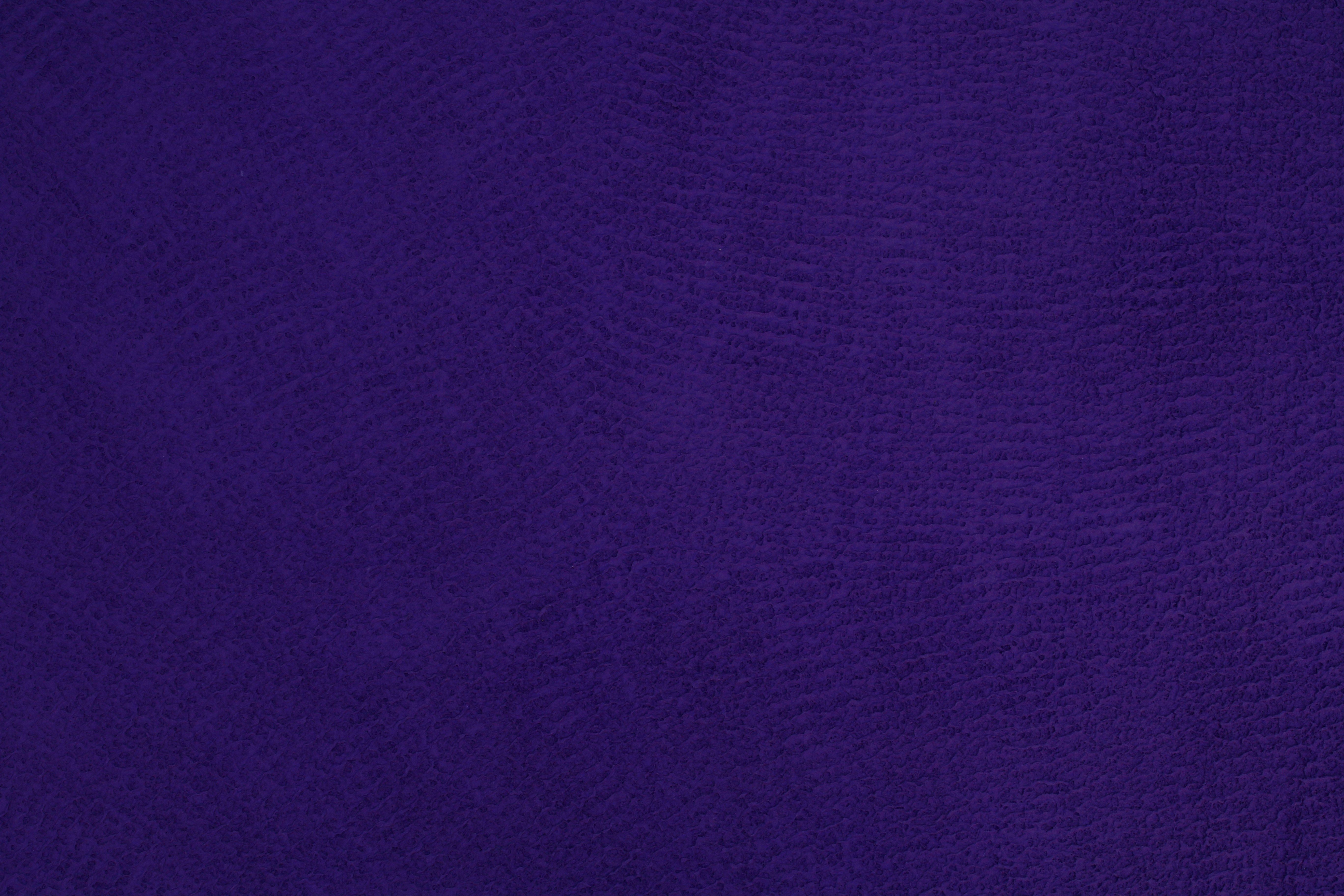Dietitian Offers Clarification on Fiber's Role in Weight Reduction and Answers Essential Questions
In the quest for weight loss, many individuals focus on proteins, fats, and carbohydrates, but sometimes overlook the humble nutrient - fiber. This unsung hero is crucial for health, lowering LDL cholesterol, reducing blood pressure, and even promoting weight loss and improving insulin sensitivity. Sadly, statistics show that most of us aren't meeting our recommended daily fiber intake.
In this episode of In Conversation, we delve into the world of fiber, addressing burning questions like what it is, why it matters, and whether it can be a weight loss game-changer. We'll dissect the difference between soluble and insoluble fiber and discuss ideal daily intakes for various age groups and lifestyles. We'll also explore the role of fiber supplements like psyllium husk in comparison to whole foods, weighing their benefits for our well-being.
To shed light on our favorite fiber-rich foods, we turned to registered dietitian Lisa Valente, MS, RD**. In an exclusive interview, she shared her top picks, starting with frozen berries for their high fiber content and affordability. Next, she pointed to whole wheat pasta for its significant fiber advantage over white pasta and the benefits it provides as a nutrient-rich carbohydrate base. Lastly, Lisa pinpointed chia seeds for their fiber content, omega-3s, and protein – presenting a tidy, mighty package of nutrition benefits.
Join us for this insightful conversation and discover the journey to a happier, healthier you with an abundance of fiber!
(Enrichment data added for context)Fiber supplements can aid in increasing fiber intake, especially for those struggling to consume sufficient fiber-rich whole foods. However, they are not a one-to-one replacement for the diverse health benefits that whole foods provide. Whole foods offer a complex mixture of fibers and additional nutrients like vitamins, minerals, and plant compounds. Fiber supplements, on the other hand, often provide isolated fiber types, limiting their overall health impact.
In terms of weight loss, both soluble and insoluble fiber contribute to feelings of fullness and improved digestion, aiding in weight management. Soluble fiber can reduce fat absorption and help control appetite, while insoluble fiber aids water processing and bowel movement. Fiber supplements can support satiety and regularity, contributing indirectly to weight management, but do not offer the same comprehensive health benefits as whole foods.
- Alongside focusing on proteins, fats, and carbohydrates, it's essential to prioritize fiber intake for weight loss and improved insulin sensitivity, as well as lowering LDL cholesterol and reducing blood pressure.
- In the realm of fiber supplements, psyllium husk is one popular choice, but whole foods like frozen berries, whole wheat pasta, and chia seeds provide a more diverse range of fibers along with additional nutrients.
- Soluble fiber, found in chia seeds for instance, can help reduce fat absorption and control appetite, while insoluble fiber, like that in whole wheat pasta, supports water processing and bowel movement.
- Though fiber supplements can support feelings of fullness and regularity, contributing indirectly to weight management, they cannot replace the comprehensive health benefits offered by whole foods that also provide vitamins, minerals, and plant compounds.
- The science of health-and-wellness and fitness-and-exercise emphasizes the importance of proper nutrition, including adequate fiber intake, for overall well-being and effective weight management.
- Other nutrition sources, such as supplements, should be approached with knowledge of their benefits and limitations in order to maintain a balanced and healthy diet.








